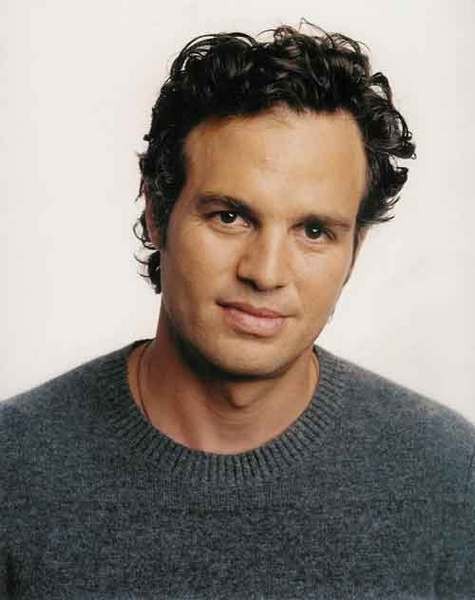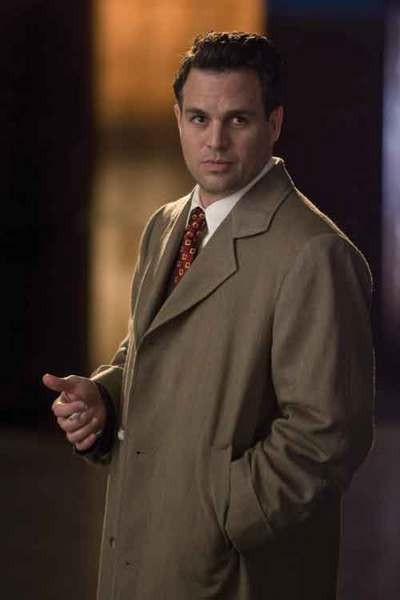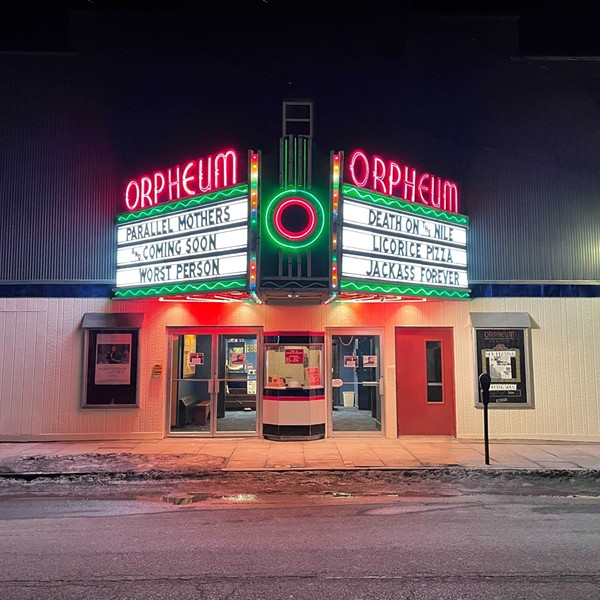Red Carpet Agitator
[]
When actor Mark Ruffalo initially learned that hydraulic fracturing was coming to his hometown of Callicoon Center, a Sullivan County burg that sits above the gas-rich Marcellus Shale, he thought it seemed like a good idea. But when Ruffalo ventured beyond the propaganda disseminated by the energy industry and learned about the hazards of fracking, he did an abrupt about-face. He began visiting communities damaged by fracking, hosted screening parties for the Josh Fox documentary Gasland, spoke to reporters, and requested meetings in Albany and Harrisburg. For his troubles, he was tailed by the Department of Homeland Security and slammed by conservative media.
But Ruffalo was not cowed; he had already taken stands against the Iraq War and in support of marriage equality, all the while drawing plaudits for a growing body of film work, includes roles in Collateral, Eternal Sunshine of the Spotless Mind, Shutter Island, and The Kids Are All Right, which earned him an Oscar nod.
For his exuberant and eloquent community activism, Mark Ruffalo will be honored at this year’s Woodstock Film Festival’s Gala Maverick Awards Ceremony with the first Giving Back Award, named for and presented by director and social activist Meera Gandhi. Ruffalo said of the distinction, “I’m very humbled by it; it belongs to hundreds of thousands of other people, equally as it belongs to me.”
Ramsay Adams, executive director of the environmental group Catskill Mountainkeeper, said of his ally, “Mark is the real deal.” After a chance meeting in a diner, Ruffalo pledged his support to Adams. It wasn’t mere lip service; Ruffalo has since spoken at several Mountainkeeper antifracking events and now sits on its board. “He is a true champion and voice for the underdog.”
Speaking by cell phone in mid-July from the New Mexico set of his new film, The Avengers, Ruffalo reflected, over a half-hour interview, on his responsibility as an artist, how childhood shaped his social conscience, and why he’s unlikely to follow other film stars into electoral politics.
We live in a celebrity-driven era and people are more likely to listen to celebrities than politicians, which makes your mission an effective one.
[Laughs.] Yeah, it’s unfortunate that we’ve come to a place where celebrity has more credibility than most politicians. But that’s where we find ourselves. But the place of an artist has always been, historically, fighting for social justice, for civil rights, usually for the greater good. I was taught from [famed acting coach] Stella Adler that that was part of your responsibility as an actor, that you had a responsibility to the people and the culture that you operated in. And it was an enormous responsibility. You were expected to pay back, give back to that in some way. What I’m doing, it’s what I was taught to do, it’s what I believe an artist should do.
I want to get a sense of how this began for you in terms of taking a stand. Did it happen even before becoming an actor? I see that your father comes from the Baha’i faith.
Social justice is a big part of that. I was actually raised in a Catholic household. My grandmother was a born-again Christian, evangelical. All three of those religions were steeped in social justice, especially coming out of the `70s, the civil rights movement. The Baha’is really saw that what you do to your neighbor, you’re doing to yourself, you’re doing to your brother. It’s definitely the teachings of Christ. Whether I really attach myself to any religious beliefs right now, those kind of beliefs resonated most deeply with me as a boy and growing up. It became a great part of my moral compass.
To what extent do you separate these two worlds: your acting and your political work? Do they overlap? Has there been a time where, for instance, you didn’t take a role because you objected to it politically?
I haven’t been put in the position yet where my activism has come up against the culture of acting. Although I do find myself being pulled to things that interest me on a deeper level than just being an actor. I can say that there’s one place where I’ve been able, as an actor, to help shape the debate culturally on an issue that’s been important to me, which is gay marriage. That’s something that I’ve also been fighting for, marriage equality, starting with Proposition 8 in Los Angeles when I was living there and back in New York. The movie The Kids Are All Right I thought was a really beautiful movie that illustrated the beauty and the commonality that a gay couple has with just about every other family. I think that that movie, in a way that wasn’t a polemic, helped shape the debate of gay marriage and has helped usher in a time of tolerance for gay marriage. And I’m really proud of that.
Any temptation to enter politics?
No, I’ve spent a lot of time in Albany, I’ve spent a good amount of time in Washington, DC. Those are tough places. I’m beginning to wonder how effective you can be within an office. I don’t know for sure; I don’t know if you can be more effective outside of an office, in the capacity that I’ve been trying to be effective. You talk to a lot of the politicians and there’s a real broken feeling from a lot of them. I had a very prominent Democratic congressman basically close the door and say [to me], “Hey listen, Washington, DC, is awash in gas and oil lobbyist money. I’m totally on board with what you’re trying to do, but all I can do is wish you luck.” And that’s the culture that they’re operating in. I don’t think I could do that. Part of what keeps me going is the belief that it can get better. If I didn’t have that hope, I don’t know that I’d be effective at all.
Mark Ruffalo will receive the Giving Back Award on September 24 at the Gala Maverick Awards Ceremony at Backstage Productions, 323 Wall Street in Kingston. For attendance information, visit www.woodstockfilmfestival.com.


















